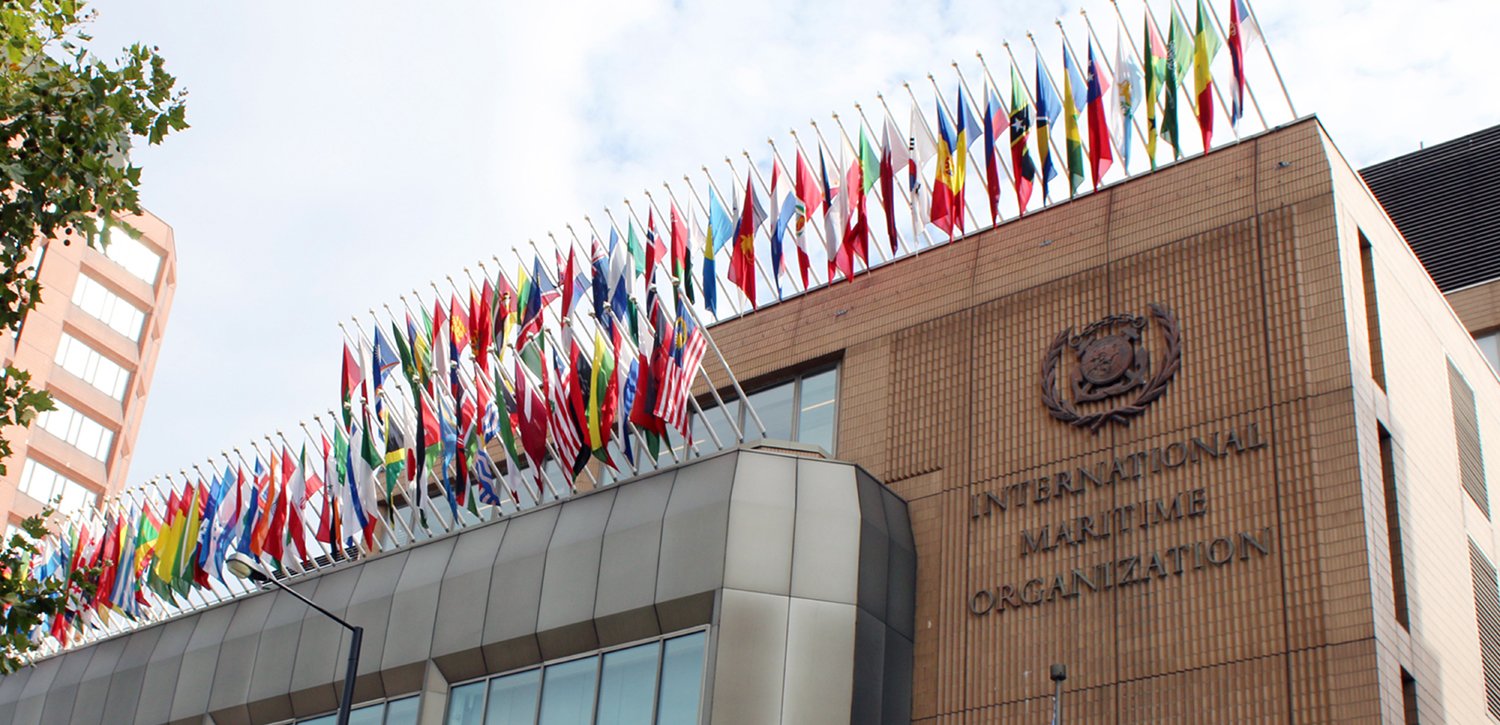Jumoke Olasunkanmi
The National Agency for Food and Drug Administration and Control (NAFDAC) has issued a public alert warning the general public, particularly health workers, of the circulation of counterfeit Meronem 1g injection in the country.
The alert signed by the Director-General of the National Agency for Food and Drug Administration and Control (NAFDAC), Prof. Mojisola Adeyeye, on Tuesday read, “The Marketing Authorization Holder Pfizer reported the incident, as received through a patient notification platform, concerning a suspicious pack of Meronem 1g injection purchase.”
Adeyeye explained that the Marketing Authorization Holder Pfizer, reported the incident, via a patient notification platform, reporting a suspicious park of Meronem 1g injection purchase.The reported issues included the vial content not dissolving upon reconstitution and a mismatch in the crimp code compared to the production documentation batch.
According to Pfizer, the production process did not meet their specifications, posing a significant risk to patients. NAFDAC emphasised, “The administration of the counterfeit product will pose a high risk to patients as the quality and safety are not guaranteed.”
Meronem (Meropenem trihydrate injection) is an antibiotic used to treat various infections, and the compromised product could have severe consequences for patients thus the agency urged healthcare providers and patients to obtain medical products only from authorized and licensed suppliers, emphasizing the need for careful verification of product authenticity and physical condition before purchase and administration.
Importers, wholesalers, and retailers were also cautioned against illegal activities within the supply chain. Adeyeye urged those in possession of the counterfeit product to cease its use immediately and submit it to the nearest NAFDAC office. In case of adverse reactions, individuals were advised to seek immediate medical advice.
Calling for vigilance and reporting, NAFDAC encouraged healthcare professionals and consumers to report any suspicion of adverse drug reactions, or substandard and falsified medicines to the nearest NAFDAC office” through the NAFDAC phone number (0800-162-3322), email (sf.alert@nafdac.gov.ng), or via the E-reporting platforms available on the NAFDAC website (www.nafdac.gov.ng).
While urging the public to actively participate in ensuring the safety and authenticity of medicinal products circulating in the country, Adeyeye highlighted the Med-safety application for reporting adverse effects, available for download on Android and IOS stores or through email (pharmacovigilance@nafdac.gov.ng).



